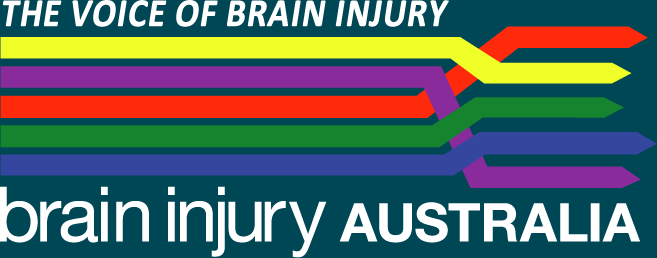Physical symptoms & suggestions
Physical Symptoms
Physical symptoms of a mild TBI can include
- Sleep difficulties
- Fatigue
- Headaches
- Dizziness, balance and co-ordination
- Visual issues
- Hearing issues
- Communication difficulties
- Changes to taste and smell
- Sexual problems
- Nausea
All of these physical difficulties can have causes other than mild TBI.
For example headaches are very common whether you have had a mild traumatic brain injury or not.
It is extremely rare that a headache means there is something wrong with your brain.
Injuries to the neck can also affect the nerves running to the scalp and cause more frequent or intense pain signals in the head area - causing headaches.
Headaches
Headaches are part of the normal recovery process, but that doesn’t make them any less bothersome. Headaches are another cause of irritability and concentration problems after a TBI. This guide cannot replace the medical advice that you should get if you are bothered by headaches. Headaches can have many causes, and your doctor will want to diagnose the problem and prescribe medication that can help if you need it.
One of the most common causes of headaches after a TBI is stress or tension. This is usually the cause when the headaches start for the first time several weeks after the injury. These headaches mean that you are trying to do too much. They will probably disappear if you take a break and relax. Your work day, or daily routine should be temporarily shortened if you continue to have headaches.
Stress or worry cause tension headaches by increasing muscle tension in your neck or forehead. These muscles become tense and can stay tight without you realising it, out of habit. They can become even tighter once a headache starts, because muscles automatically tense in reaction to pain. This muscle tension makes the headache worse.
If you have tension headaches, relaxing your muscles can help. This is something you need to practise and the occupational therapist and physiotherapist can advise you with specific strategies.
Dizziness, Visual Difficulties, and Light Sensitivity
Dizziness and visual difficulties should be checked by your doctor. These symptoms usually go away by themselves in 3 to 6 months or less. If you find these symptoms troublesome, your doctor may want to prescribe medication for motion sickness or glasses. Some motion sickness medications are very effective for dizziness, but can make you drowsy or reduce your attention span as side effects.
You may notice some increased sensitivity to bright light or loud noise, particularly if you have headaches. Some increased sensitivity is normal after a TBI and paying attention to these symptoms seems to magnify them. The less you think and worry about your symptoms, the faster they will usually go away. Wearing dark glasses or avoiding putting yourself in situations that are noisy can help in the early stages of your recovery.
Fatigue
It is normal to be more tired after a TBI. The only sensible treatment for being tired is rest. Avoid wearing yourself out. Gradually increase your activity level. Most people have more energy in the morning than later in the day. You may benefit from scheduled rest breaks or a daytime sleep. If your symptoms get worse this means that you are pushing yourself too hard.
